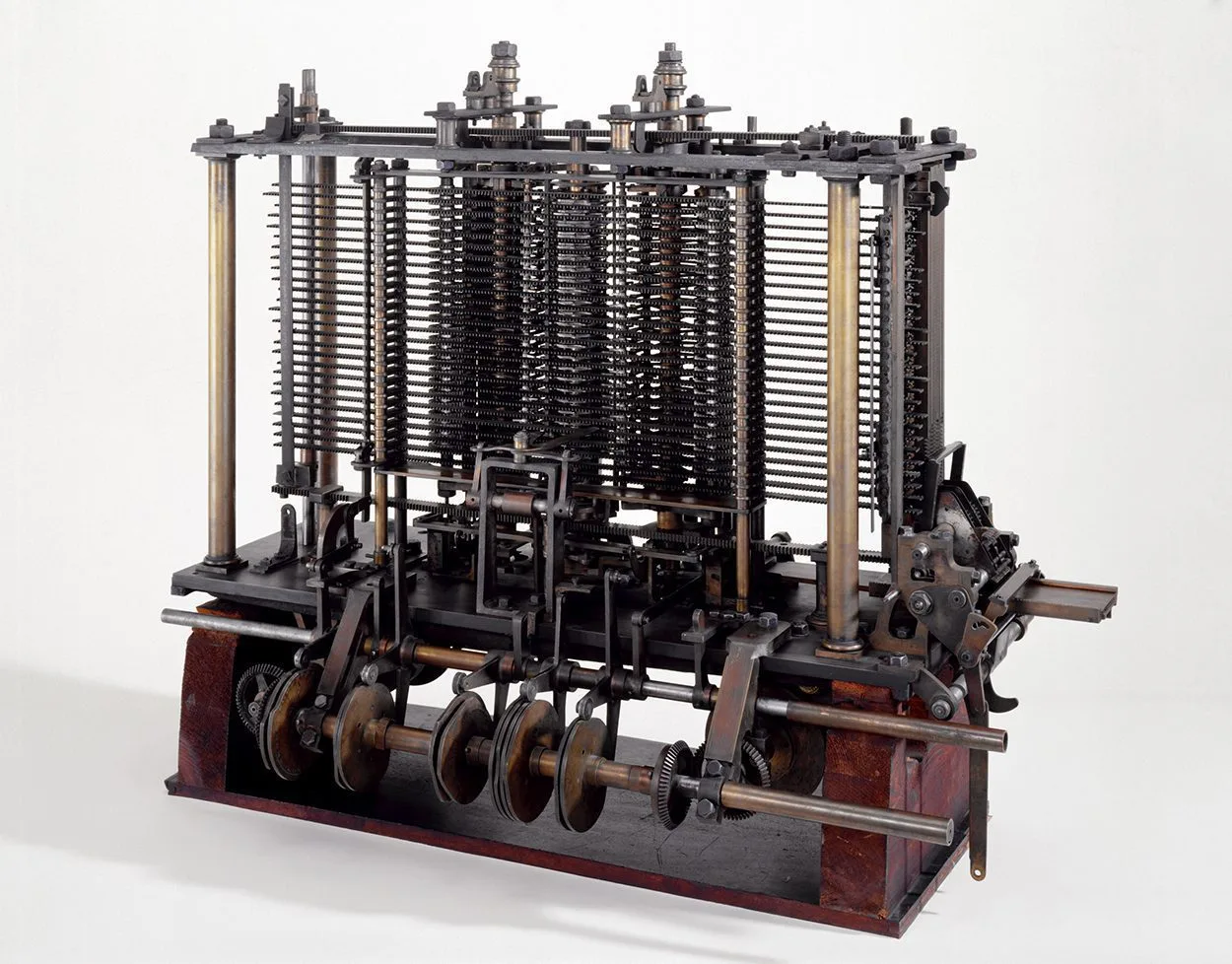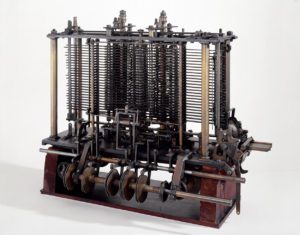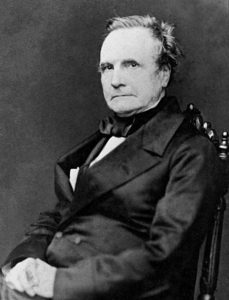Did You Know?
Did you know that the Englishman, Charles Babbage (1791-1871), is
considered the “father of the computer” and he is given credit for
conceptualizing and designing the first ever mechanical computer.
Difference Engine, Phase 1
Babbage’s first computer was completed in 1822 and was called a Difference
Engine. It calculated and printed mathematical tables and was powered by
cranking a handle.
Difference Engine, Phase 2
The British government became interested and invested £17,500 (about $3
million today) on Babbage’s second Difference Engine, which was an
enhancement of his first Difference Engine and designed to calculate and
tabulate polynomial functions.
In 1832 a very small working portion was built. But, in 1833, high cost
stopped work on the second Difference Engine.
The second Difference Engine was never close to being completely built
because the government decided to stop funding Babbage.
Analytical Engine, a Computer
In 1837, Babbage became interested in building an Analytical Engine, which
would have been the first working computer for general-purpose
computation.
Babbage worked on his Analytical Engine for many years.
Babbage's concepts had many features of modern computing, such as
programming, looping, and conditional branching.
The Analytical Engine was designed to be programmable by using punched
cards. (Punched cards were used by the Jacquard loom.)
The Analytical Engine was a design and was never built.
Proof of Genius
In 1985 an idea to build a fully functional version of Babbage’s second
Difference Engine was posed. It required time, but in the year 2000 the
build was successfully completed at London's Science Museum.
Babbage's second Difference Engine was accurate to 31 digits, and worked
exactly as Babbage had predicted well over a century before.
Today, London’s Science Museum is looking into an attempt to build a full
scale working Babbage Analytical Engine.




